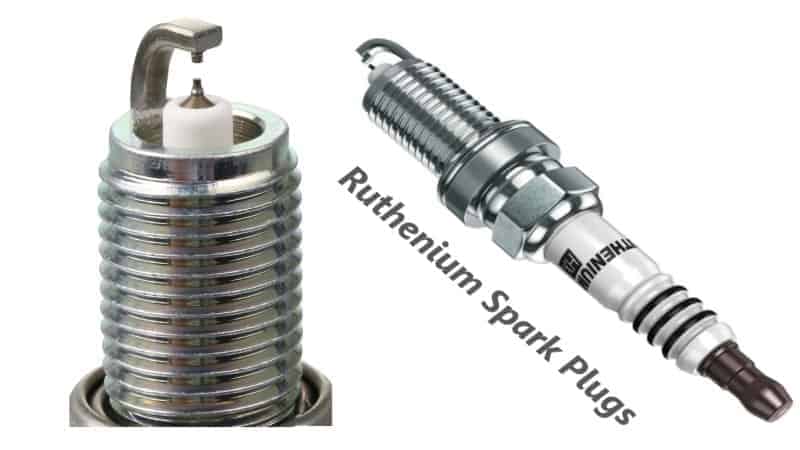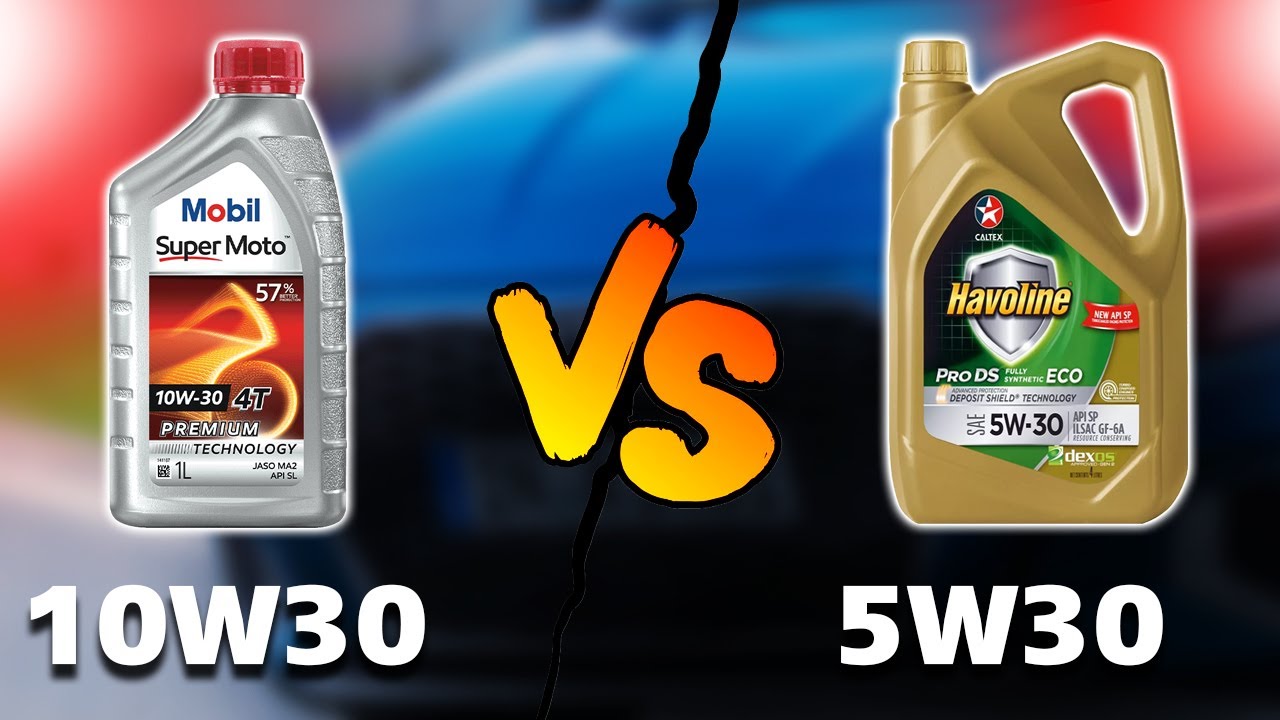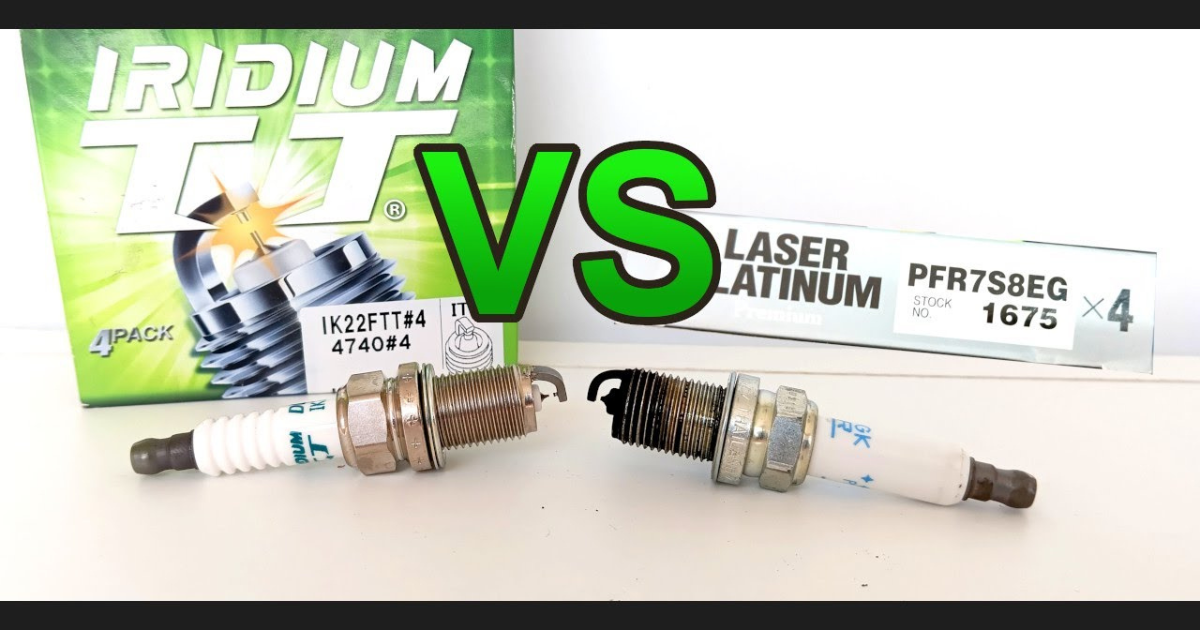An integral part of every car’s engine, spark plugs not only ignite gasoline during combustion, which allows the engine to start and run, but they also significantly impact how well and efficiently your vehicle’s engine performs. As a result, pick the spark plug with the most efficiency and performance for your engine with consideration.
Due to the increased power requirements and decreased fuel efficiency of most modern car engines, many conventional platinum and iridium spark plugs do not last the whole lifetime of the vehicle. Because of the increased power requirements of today’s engines, NGK developed ruthenium spark plugs to meet these expectations.
What Are Ruthenium Spark Plugs?

Thanks to their high ignitability, ruthenium spark plugs provide maximum combustion efficiency, which in turn means less pollution, quicker throttle response, a more comfortable idle, easier cold starting, and quicker acceleration.
NGK ruthenium plugs are the pinnacle of automotive aftermarket technology when it comes to high ignitability spark plugs. The engine’s power and efficiency can be greatly enhanced with these plugs.
Ruthhenium spark plugs provide the capacity that platinum and iridium spark plugs lacked. Although NGK spark plugs are of high quality, ruthenium plugs are the most long-lasting and effective option. Plugs in your car need to be spaced correctly so that electricity may flow across them, igniting the combustion process necessary for starting the engine.
Your car’s engine is vulnerable to damage or inability to start due to improperly gapped or unpre-gapped plugs, which can prevent the engine from engaging a complete combustion cycle. Because ruthenium plugs are pre-gapped, they guarantee efficiency all the time and usually don’t require an adjustment.
Since the ruthenium spark plug’s robust alloy electrode offers a service life that is twice as long as an iridium spark and four times longer than a regular nickel electrode spark plug, several members of the ruthenium spark plug forum have wondered if the plug is a “lifetime” plug.
Pros And Cons Of Ruthenium Spark Plugs
When selecting a spark plug for your car, it is important to weigh the benefits and drawbacks. While most spark plugs work admirably under ideal settings, they may not function up to par in less ideal ones. Compared to their earlier models, some spark plugs now have more capacity. They bring their own set of difficulties at the same time.
While ruthenium plugs are among the most efficient and powerful spark plugs on the market, they aren’t without their drawbacks.
If you want to upgrade to better spark plugs but are deciding between NGK laser iridium and NGK ruthenium HX, it’s a good idea to weigh the benefits and drawbacks of each material.
Pros
Affordability
Ruthenium plugs are ideal for cars whose owners are watching their spending because they are inexpensive. Even at such a low price, the plug works admirably, so don’t let that put you off.
Provides optimum gas mileage compared to iridium
Iridium spark plugs are nice, but they do not give an excellent gas mileage compared to ruthenium spark plugs. It is proven that switching from iridium to ruthenium can improve your vehicle’s fuel consumption advantage by 20%.
Therefore, if you wish to get the most out of your vehicle’s engine fuel consumption economy, you may have to switch from whatever spark plugs you have to ruthenium.
Some other pros of ruthenium spark plugs are
- Enhanced ignitability for cold start.
- Ability to withstand high temperatures with a high melting point (4233 degrees F).
Cons
Inability to perform efficiently under extreme conditions
The power of the spark plugs allows engines to accelerate and operate at different levels. Extreme conditions, such as a high-speed engine or a vehicle carrying a large weight, are not ideal for ruthenium plugs.
The plugs get too hot and may break sooner because of this setback. Because of this restriction, they are typically not suggested for use with certain engines.
Less durable compared to iridium spark plugs
Although iridium spark plugs last longer and produce more consistent and powerful performance, ruthenium spark plugs wear out more quickly and are less reliable.
Even if the plug gets better gas mileage, its performance is mediocre, which defeats the purpose of the design. On average, a ruthenium plug will last for around 100,000 kilometers before needing to be replaced.
Conclusion
Ruthenium spark plugs from NGK appear to be available in a unique style, and they are known to be of high quality. To get the most out of the plug type you select for your car, be sure to evaluate the pertinent information that has been provided in this article.
If you own a car and are planning to replace the plugs in it with something better, you should weigh the pros and downsides of the ones that are now in use. Please review the benefits and drawbacks of ruthenium if you are currently using iridium to determine if it is a good fit for your requirements.




